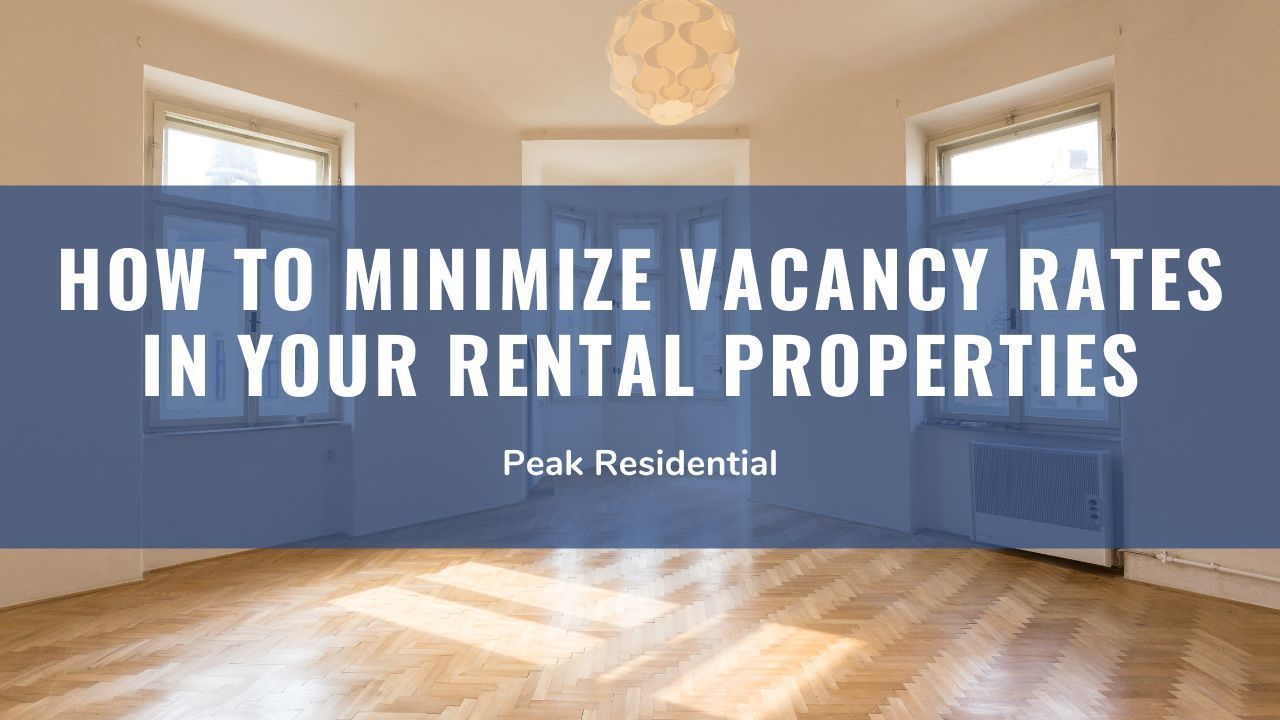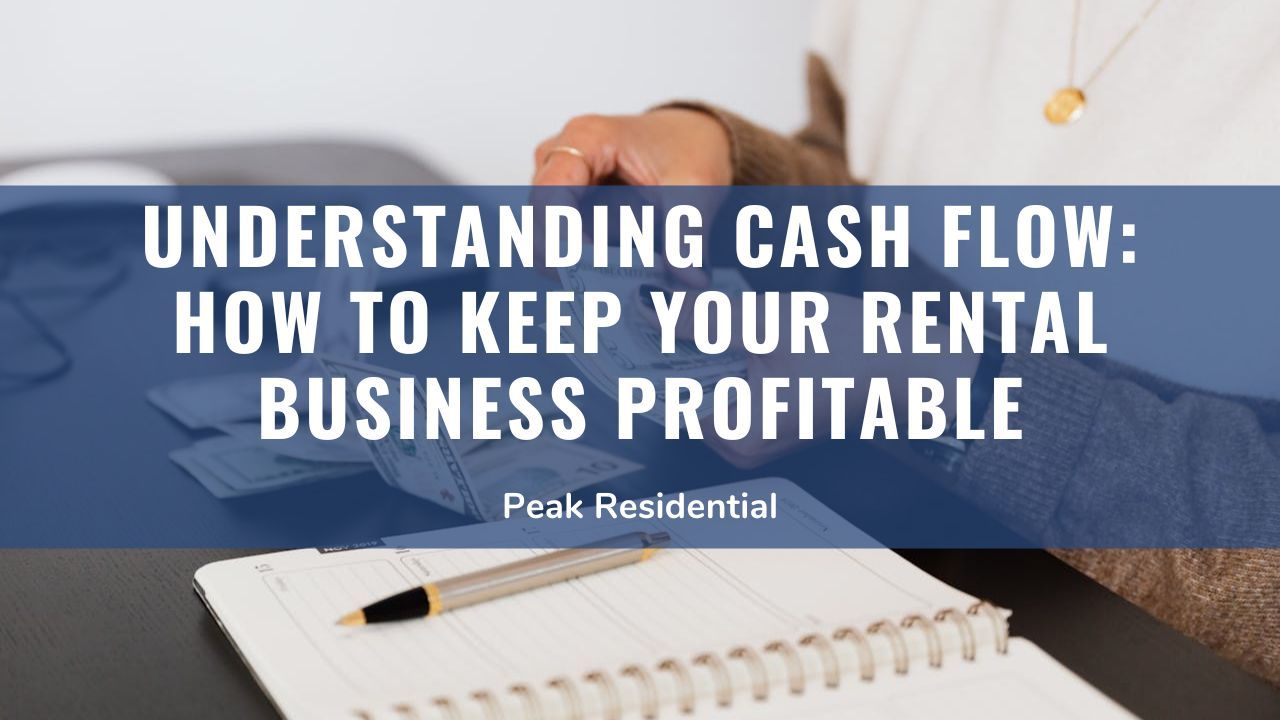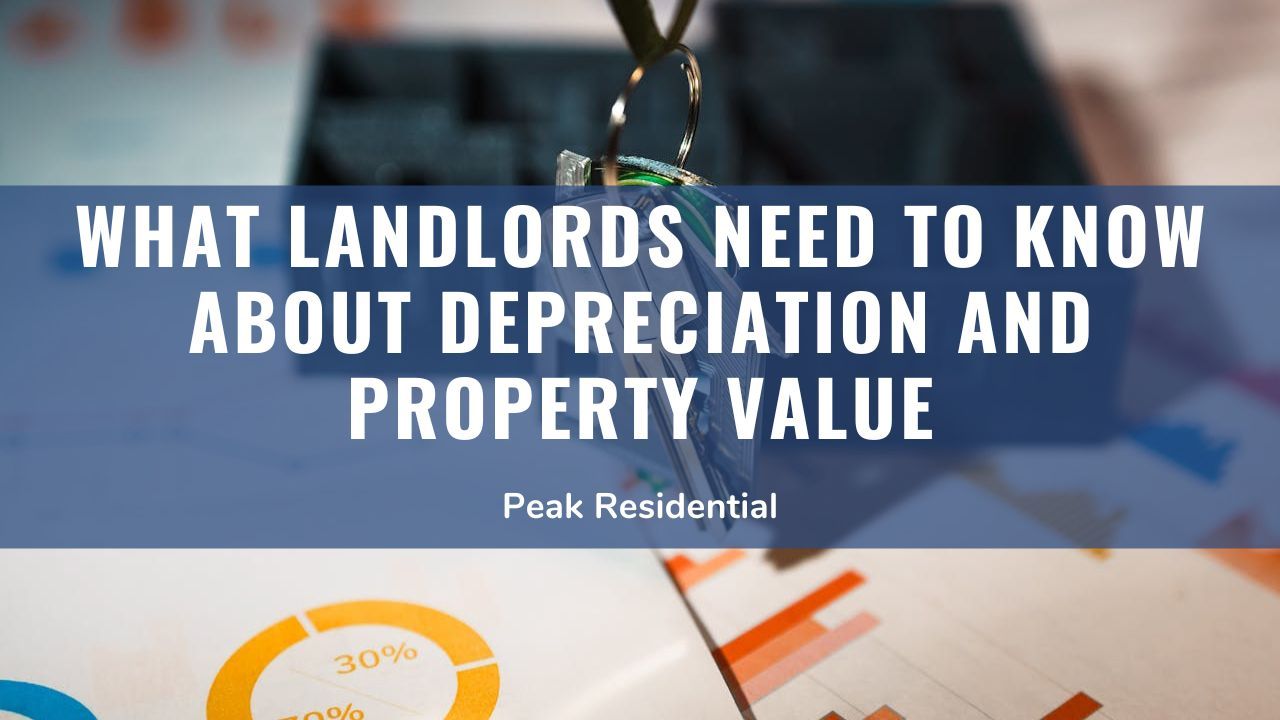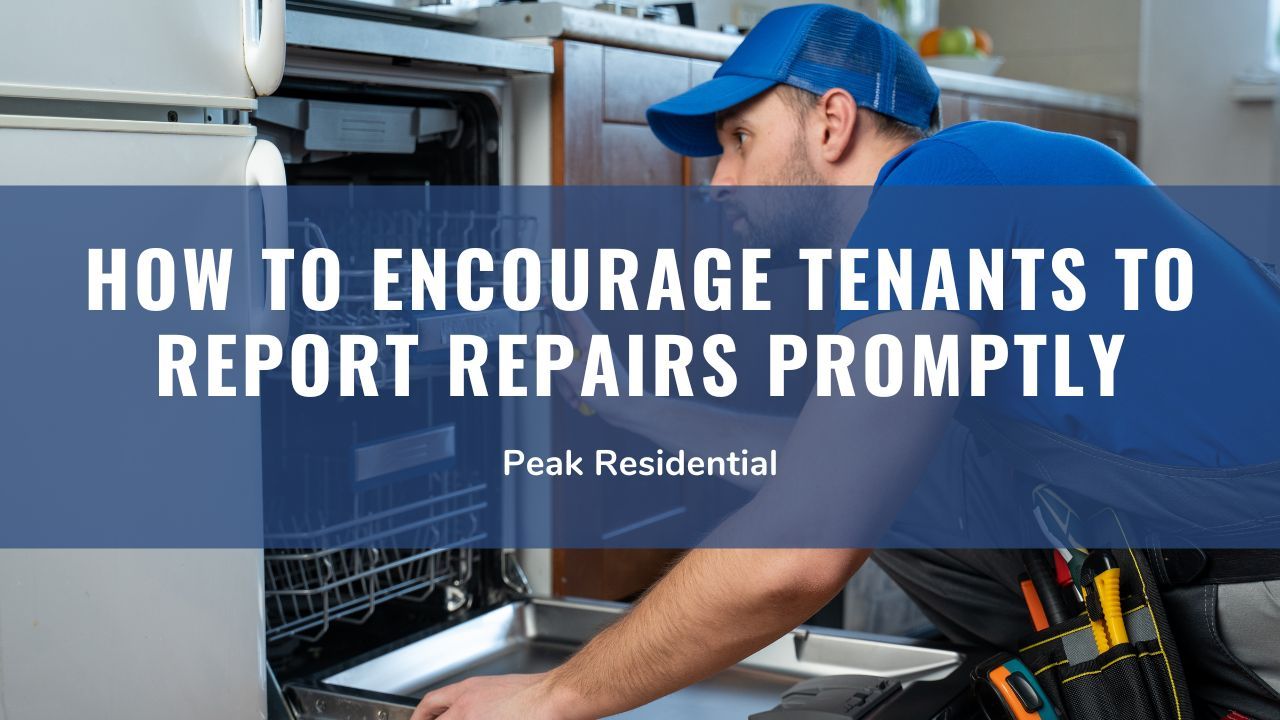Nothing scares a landlord more than the thought of losing a reliable tenant, especially a reliable one! Having to get the property rent-ready, re-advertise the unit, and screen prospective tenants is already stressful and time-consuming enough, right?
That said, rising property costs can quickly eat into your cash flow, leaving you with no other option but to raise the rent amount. However, before raising the
rent amount, you’ll need to consider all of the factors. From rental demand in the area, to vacancy rates, to the local landlord-tenant laws.
That’s why it’d be important for you to do due diligence before sending your tenant a rent increase notice.
How to Raise Rent Successfully Without Losing a Tenant
Here are all the important considerations you need to make when raising rent.
Know The Local Landlord-Tenant Laws.
Before even considering hiking the rent, familiarize yourself with the local tenancy laws. Some states have rent control laws that prohibit certain landlord actions when it comes to when and how a rent raise can be done.
These laws protect tenants from rogue landlords who may want to impose excessive rent increases on tenants. This can be especially true in areas where rental demand is high.
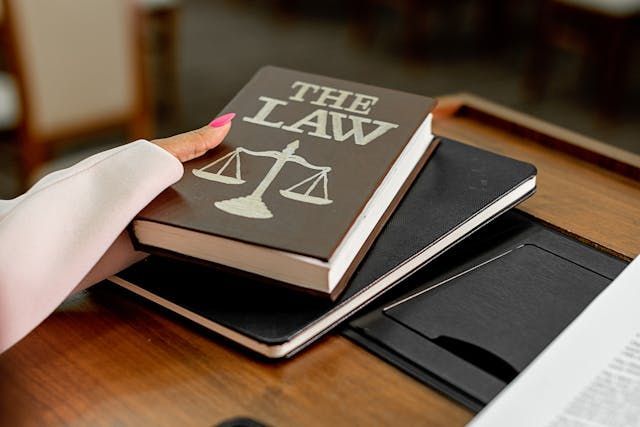
Fortunately for California Landlords, you can raise rent on a tenant under certain restrictions, that you must abide by. They include the following:
- How much you can increase rent depends on the annual inflation rate. Specifically, the Tenancy Protection Act of 2019, also known as AB 1482, caps annual rent increases at 5% plus the local CPI, or 10%, whichever is lower.
- You can only increase the rent twice every 12 months.
- You must wait for the current rental term to end to raise it. The only exception here is if the tenancy agreement allows for such a change.
- The rent raise must not be borne out of discrimination. For example, it’d be illegal for you to raise rent solely because of the tenant’s race, color, religion, familial status, or any other protected characteristic.
- You must notify the tenant at least 30 days before raising the rent.
You may also want to check for any additional rent control laws in your local jurisdiction.
Add a Rent Increase Clause in Your Rental Agreement
Drafting a detailed lease agreement is key for a smooth landlording experience. Including a clause in your lease about a rent increase minimizes the chances of conflicts or misunderstandings.

In the lease, make sure to let the tenant know of all the important tidbits regarding the rent raise. Including:
- How often you’re going to raise rent. Make sure it abides by the state’s limit of a maximum of 2 times in a year.
- How much advance notice you’re going to give them.
- The percentage increase or the specific dollar amount.
Consider All Factors Before Raising Rent
Before raising rent, consider all relevant factors that can have an impact on your investment. First and foremost, research what comparative units are charging in your area. If your rate is lower than other properties in the area, then continue with your research to know how much to raise rent by.
Next, find out about the
vacancy rates. Are there many comparable rentals vacant? Do you usually have a hard time filling your rentals? If either of these instances is true, then raising the rent at this time would not be ideal.
However, if the property is in a popular area with constant demand, then, by all means, go for it.
Consider Upgrading The Rental Property
Making upgrades and renovations while staying on top of repairs and maintenance can justify a rent raise to reflect the property’s condition. On the contrary, if you’ve been neglecting repair and maintenance requests from your tenants, you won’t have much justification to ask for more rent.
Upgrades to justify asking for more rent:
- Kitchen remodels, including new countertops, appliances, or cabinetry.
- Bathroom renovations, such as updated flooring, vanities, or fixtures.
- Replacing worn-out or outdated flooring with new hardwood, laminate, or tile.
- A coat of fresh paint on the walls.
- Installing energy-efficient appliances, lighting, or insulation.

Such upgrades can incentivize your great tenants to renew their lease in turn for a reasonable rent hike. Similarly, you can also pay attention to any requests the tenant may have.
Provide Proper Notice.
California law requires that landlords to effectively notify their tenants before a rent raise. Specifically, the amount of notice to serve will depend on the percentage of rent increase.
If the percentage increase is below 10%, you must notify the tenant at least 30 days in advance. If it’s 10 percent or more, you must notify them at least 90 days before raising their rent.
The notice should include the following:
- The effective date of the rent increase. This will give the tenant sufficient time to adjust their new budget.
- The dollar amount of rent the tenant will be paying after the adjustment.
- Your contact information should the tenant have any questions or concerns.
You may also want to let the tenant know of the reason for the increase. This is, however, not mandatory under state and local laws.
Conclusion
If you are a great landlord, you’ll likely have an easier time raising rent. Quality tenants usually appreciate landlords who are responsive, respectful, and easy to work with. Just make sure the rent raise abides by California law (AB 1482).
If you need any help with setting or increasing rental prices, don’t hesitate to get in touch with
Peak Residential. We provide property owners in Sacramento with reliable and professional property management services. Contact us today and start enjoying your investment!



